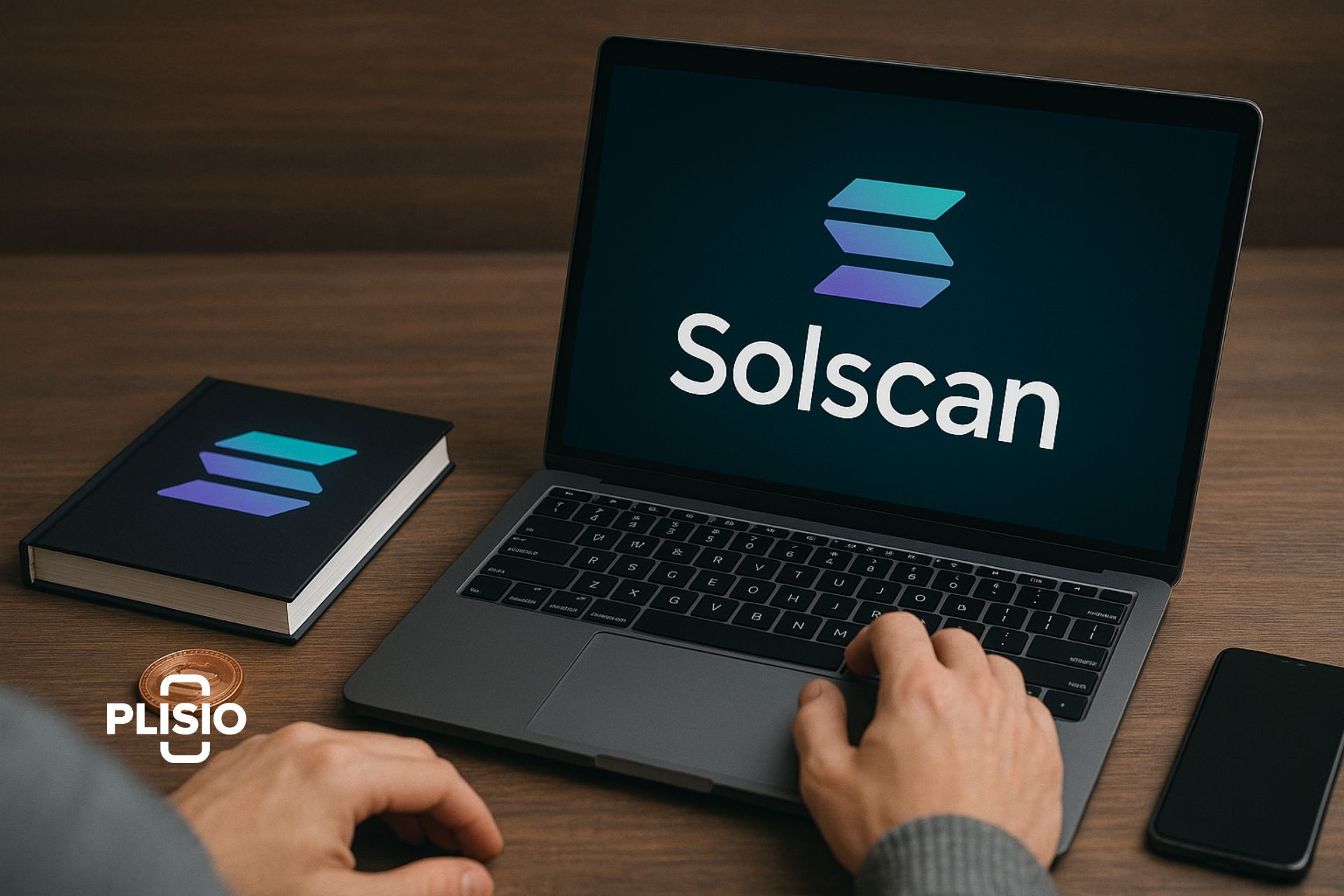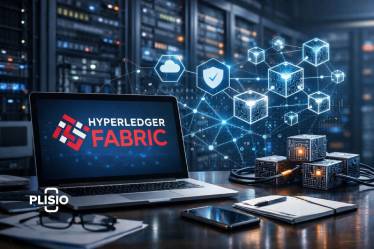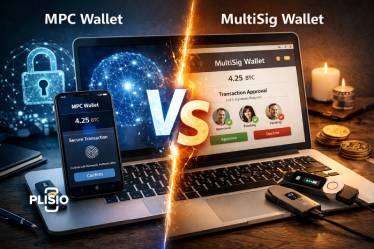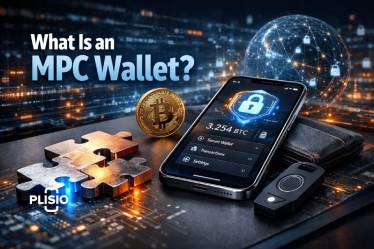Solscan: What It Is and How to Use It

Blockchain technology is renowned for its transparency, offering a clear view of transaction data to the general public. This feature stands in stark contrast to the unregulated nature of the cryptocurrency industry, where there is no standard financial reporting and founders often use pseudonyms. Despite these challenges, blockchain's openness allows for real-time observation of activities, such as Bitcoin transaction volumes and Ethereum's transaction details, accessible through platforms like BlockCypher and Etherscan.
In the realm of Solana, a blockchain rapidly gaining traction, SolScan emerges as a pivotal tool for tracking transactions and exploring various aspects of this network. Comparable to Etherscan for Ethereum, SolScan provides a comprehensive view of the Solana blockchain, offering insights into transactions and tokens. This platform is not only trusted by major venture capitalists like Solana Ventures and Alameda Research but also boasts over 2 million monthly users, handling more than 180 million data requests.
Understanding the functionality of these blockchain explorers is crucial. They serve as a window into the blockchain world, offering transparency and real-time tracking, which is vital in an industry where regulatory frameworks and standardized reporting are still evolving. Whether it’s for Bitcoin, Ethereum, or Solana, these tools provide an indispensable resource for users to monitor and analyze blockchain activities.
What Is Solscan?
Solscan, a comprehensive blockchain explorer for the Solana network, has emerged as a popular alternative to the official Solana Explorer. It simplifies the complex data of the Solana blockchain, making it accessible even to those with little technical background. With its user-friendly interface, Solscan breaks down intricate transactional data, including long codes and numerous figures, into easily understandable information.
This platform serves as a critical tool for anyone navigating the Solana ecosystem, offering detailed insights into transactions, smart contracts, blocks, tokens, and NFTs. Comparable to Ethereum's Etherscan, https://solscan.io/ is like the Google of Solana – a powerful search engine that allows users to delve into transaction histories, crypto holdings of specific wallets, and specific block details on the Solana network.
Solscan's capabilities extend beyond simple transaction tracking. It provides a detailed dashboard with real-time data on NFTs, DeFi protocols, and other key metrics. As an open-source project, it's readily available for anyone seeking to analyze or explore the Solana blockchain. This tool was developed in response to the need for a reliable, easy-to-use explorer within the Solana ecosystem, where previous options were limited and often lacked essential features.
Its utility is particularly significant given Solana's standing as one of the top Layer-1 blockchains with a high Total Value Locked (TVL) and its host of popular DeFi and NFT projects like DeGods and Okay Bear. Solscan enables users to explore various crypto assets built on Solana, providing vital information such as circulating supply, staking details, block height, and the number of validators. This platform not only aids in interpreting complex blockchain data but also supports informed investment decisions by presenting the information in a simplified, non-technical manner.
How Does Solscan Work?
When you use Solscan to inquire about the Solana blockchain, the following process is undertaken to ensure you receive precise information:
- Solscan's nodes retrieve data directly from the Solana blockchain.
- This data is then transmitted to Solscan's database system, where it's organized into tables that are both searchable and simplified for ease of understanding.
- On the user side, Solscan's server generates a webpage, allowing you to enter your specific search criteria.
- When you submit a query, Solscan's API transforms this into a format that the machine can interpret.
- This query is then sent from the user interface server to the backend server.
- The backend server, in response to your query, sifts through the stored data, translating it into a format that's understandable by humans.
- Finally, this processed information is sent back to your webpage by the user interface server, displayed in a format that's easy for you to comprehend.
What you can do with Solscan?
Solscan operates by continuously monitoring and updating data from the Solana blockchain, ensuring real-time accuracy. If you conduct a transaction on Solana, Solscan provides comprehensive details of that transaction. Here's a breakdown of some key features Solscan offers:
- Transaction Tracking on Solscan: The primary feature of Solscan is its ability to search transactions and addresses. Each transaction on the Solana blockchain is identified by a unique signature, a lengthy alphanumeric string found in your smart contract, which verifies the transaction. To track a transaction, simply input this signature into Solscan's homepage search bar.
- Address Activity Viewing on Solscan: Monitoring the activity of a single wallet or blockchain address is crucial for validating projects and tracking smart contract activities. To access a detailed history of an address in Solscan, enter the address (typically shorter than a transaction signature) into the search bar and hit Enter. This provides an overview of the wallet's current balance and its transaction history.
- Token Tracking with Solscan: Solscan also enables tracking of tokens. Enter either the token name or its contract address into the homepage search bar for detailed information. To ensure accuracy, the valid token contract address can be sourced from official websites or CoinMarketCap.
- DeFi Dashboard Access: The Solana Ecosystem hosts various decentralized exchange (DEX) applications, including popular ones like Raydium, Orca, and Saber. Solscan features a DeFi dashboard on its homepage, and you can also explore DEX options via a drop-down menu on the site.
- NFT Tracking with Solscan: Solscan allows you to explore the range of NFTs within the Solana ecosystem, like DeGods, through its NFT dashboard. You can search available NFTs by clicking on the NFT tab in the website's header.
In summary, Solscan is a versatile tool for navigating the Solana blockchain, offering a suite of features for tracking transactions, addresses, tokens, and NFTs, as well as providing insights into the DeFi space within the Solana ecosystem.
Why Use Solscan?
For those frequently engaging in transactions on Solana or other blockchain networks, a solid grasp of blockchain explorers like Solscan is essential. A cornerstone of blockchain technology is its transparency, and explorers like Solscan are instrumental in realizing this feature.
Here are some reasons why Solscan stands out:
- No Cost for Usage:
Solscan is a free tool. Accessing transaction data doesn't require an account, offering ease of use for anyone. However, for a more tailored experience and additional features, creating an account on Solscan is an option. The process is straightforward and quick.
- User-Friendly Design:
Solscan's design mirrors the user-friendly layout of Etherscan, Ethereum's popular blockchain explorer. Its informative homepage provides immediate insights into SOL, Solana's native token. This intuitive design simplifies navigation to other sections, such as dashboards and analytics.
- Clear Transaction Tracking:
Navigating new technologies like blockchain can be challenging, especially when transactions are pending or delayed. Solscan demystifies this process, making it straightforward to track cryptocurrency transactions, tokens, and understand the workings of the Solana ecosystem.
- Rich in Features:
Solscan comes equipped with a variety of features offering deep insights into Solana and its tokens. It includes a DeFi dashboard for an in-depth look at Solana’s decentralized finance applications. Additionally, its NFT dashboard provides valuable information on the non-fungible token ecosystem within Solana.
Solscan is not just a tool for transaction tracking. It’s an all-encompassing platform that enhances your understanding and interaction with the Solana blockchain, offering clarity, ease of use, and a wealth of information.
SolScan alternatives
Solscan is a highly regarded block explorer among Solana blockchain users, but it's not the sole option available. While it stands as a popular alternative to the official Solana explorer, there are other explorers such as Solanascan and Blockchair that also cater to the Solana ecosystem. These platforms offer diverse layouts and functionalities, providing valuable insights into Solana's network.
For those accustomed to Ethereum's Etherscan, Solscan presents a familiar interface, making it an easier transition for Etherscan users. This similarity in layout contributes to its widespread use within the Solana community. On the other hand, Solanascan and Blockchair, while also effective in their functionality, offer a different user experience compared to Etherscan. These alternatives to Solscan could be more suitable for some users, depending on their specific needs and familiarity with blockchain explorers.
While Solscan is a popular choice due to its Etherscan-like interface and ease of use, the Solana blockchain is supported by a variety of explorers. Each of these, including Solanascan and Blockchair, brings its own unique features and layouts, broadening the options for users seeking detailed information about the Solana ecosystem.




